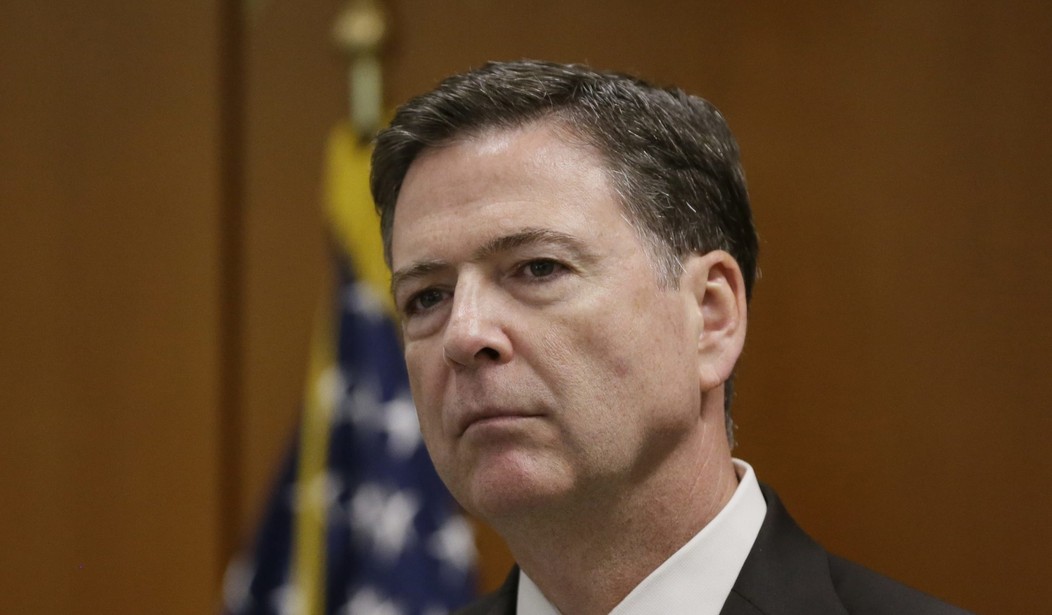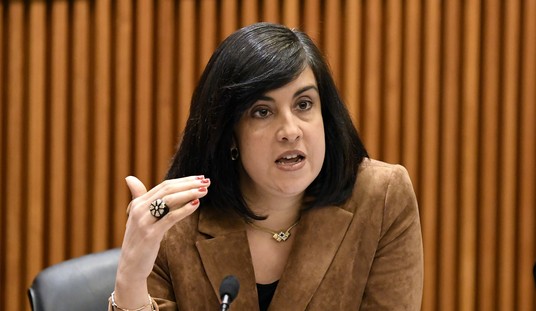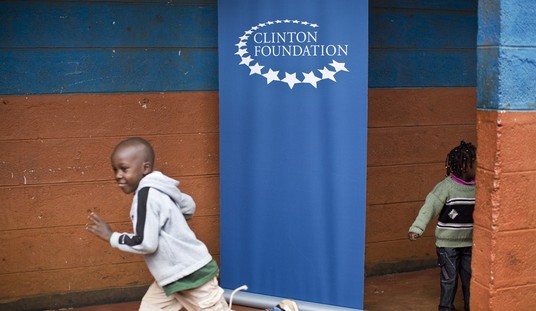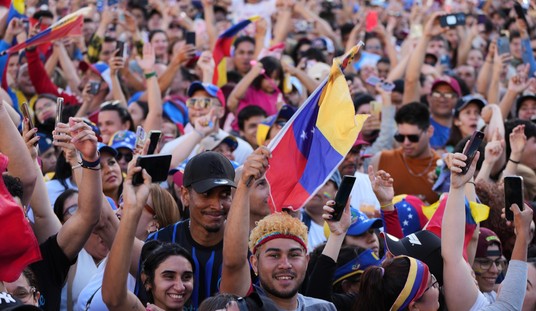During a press conference in Birmingham, Alabama, on Wednesday, FBI Director James Comey attributed the recent uptick in violent crime to what he called “the viral-video effect.” Comey had spoken earlier in the day at a race and law enforcement conference about the “peculiar indifference” Americans have to the violence and mayhem that plague inner cities across the country, where “parents are afraid to let their kids play outside, good education is an uphill battle, and the street corners are becoming a war zone.”
“Something is happening in America,” with “cities that have nothing in common with each other experiencing [an] uptick” in violence, Comey said at the 16th Street Baptist Church in Birmingham, Alabama, an icon of the civil rights movement.
“A whole lot more people are dying,” and “too many people” will continue to die in the years ahead. “We have to talk about it now,” Comey said as part of the annual Birmingham Civil Rights Institute’s conference, this year titled “Race and Law Enforcement: It’s More Than Just Black and White.”
So far this year, 216 people have been slain in Chicago alone, and more than 70 have been killed in Las Vegas, Comey noted. “And I can tell you this, people are not dying on Chicago’s Miracle Mile. Homicides are not up along the Las Vegas strip.”
According to a Major Cities Chiefs Association survey, homicides have increased 9 percent in the largest 63 cities in the first quarter of 2016 and nonfatal shootings were up 21 percent. In 2015, the 56 biggest U.S. cities saw a 17 percent rise in homicides, with 10 heavily black cities showing a rise above 60 percent.
Comey said that when most Americans can drive around and “escape” the “cities within cities” suffering such spikes in violence, everyday citizens “so often show the peculiar indifference to something that is not immediately part of their reality.”
“We are all guilty of that,” he said, insisting that despite this indifference, “It is our problem. Not just the police, not just teachers or city council members or community leaders, but everyday citizens.”
Comey said it’s hard to pinpoint a single cause for the uptick in violence, but he said among a likely “combination of factors” is a growing “disconnect between communities and law enforcement.”
At the news conference later in Birmingham, Comey returned to a theme that has gotten him in hot water with the White House in the past. He cited the “the viral video effect” (or Ferguson effect) as a possible factor.
“Is there something about those [viral videos] that is affecting law enforcement at the marginal proactive policing edge? That is, are officers in some places more reluctant to get out of their cars and engage in the kind of community policing that helps reduce crime,” he said.
“I’m not against videotaping police. I’m not against scrutiny. We get better that way. But what I’m asking is there something unintentionally affecting our communities that’s affecting the spike in violent crime? I don’t know for sure, but I know we’ve got to talk about it.”
As he has before, he called on both sides in his speech to “understand and stare at four hard truths”: the civil-rights record of law enforcement in past eras is “not pretty;” “research points to the existence of unconscious bias in nearly all of us;” “something can happen to people in law enforcement,” whereby years of police work in high-crime areas “can lead to mental shortcuts, to assumptions, all of which can tear us apart;” “and, last, we have to understand the truth that the problems we face are greater than the divide between law enforcement and the communities we serve.”
As Heather Mac Donald reported in the New York Post a few days ago, when Comey brought up the touchy subject earlier this month, he drew fire from the Obama White House.
“There’s a perception,” Comey said during a May 11 news conference, “that police are less likely to do the marginal additional policing that suppresses crime — the getting out of your car at 2 in the morning and saying to a group of guys, ‘What are you doing here?’ ”
The reaction to Comey’s heresy was swift. White House spokesman Josh Earnest immediately accused the FBI director of being “irresponsible and ultimately counterproductive” by drawing “conclusions based on anecdotal evidence.”
But the evidence is not looking good for those who dismiss the so-called “Ferguson effect,” from the president on down. A study published this year in the Journal of Criminal Justice found that homicides in the 12 months after the Michael Brown shooting rose significantly in cities with large black populations and already high rates of violence, which is precisely what the Ferguson effect would predict.
While attending a candlelight vigil on the National Mall to honor fallen officers, Milwaukee Sheriff David Clarke told Fox News‘ Greta Van Susteren that Comey’s theory about the cause of the crime spike misses the mark slightly.
It’s not so much about the viral videos as it is about the “cop-hating Department of Justice led by a race-obsessed attorney general,” Clarke said — as usual not mincing words. “The president of the United States has been leading the course in slandering, maligning the character, the integrity, service and sacrifice of our nation’s law enforcement officers. What officers fear is some witch hunt — this ongoing witch hunt by the civil rights division taking over law enforcement agencies all across the nation.”
The sheriff added, “I think they’re up to 21 now where they’ve sent decrees where they move in and federalize the agency. They’re looking to snag some law enforcement officer for some minor transgression.”
The Obama Justice Department has for years aggressively targeted police departments across the nation, pushing policing reforms to address perceived abuses. The changes coupled with the lack of public support have demobilized officers and spurred departures from the ranks. Cops now have to work under the assumption that Obama-approved groups like Black Lives Matter will become involved and hold demonstrations whenever there is an officer-involved shooting in the community. As a result, police departments and individual officers are doing less of the proactive policing that keeps communities safe.
“We have an occupation where things can go horrible wrong like they did in Ferguson Missouri through no fault of the officer,” Clarke said. He said that LEOs used to look at the United States Department of Justice “as an ally in the pursuit of justice and we would look at crime and the criminal as the enemy.” Now he says the whole thing has flipped — “this attorney general and this DOJ sees the cop as the enemy and the criminal as the victim. That’s what the fear is.”
https://youtu.be/u59L2PpDFLM









Join the conversation as a VIP Member